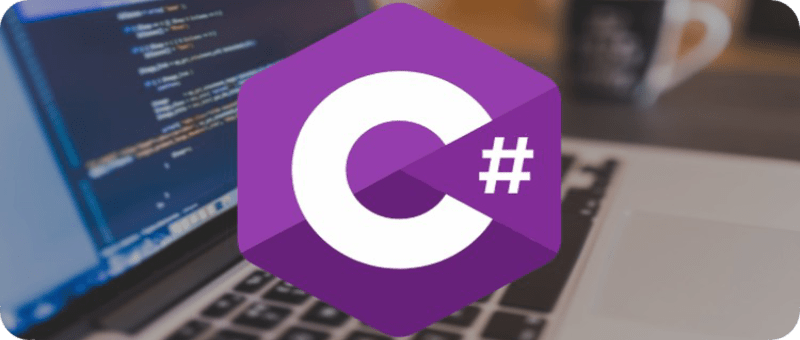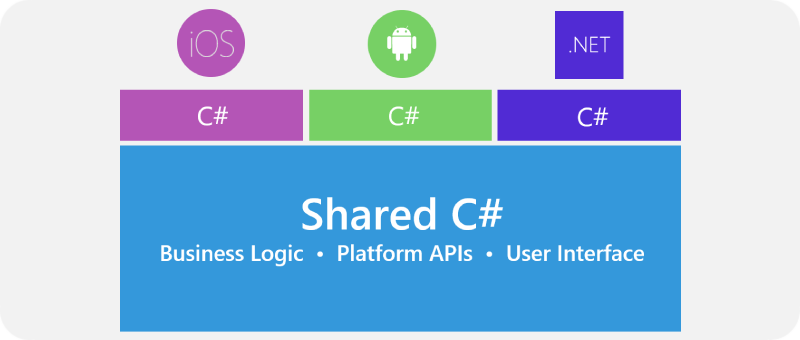C# programmers are becoming more popular thanks to the evolving ecosystem of the language. It writes a backend, applications, games.
Let's try to understand what is the reason for the popularity of the language.
C# programmers are becoming more popular thanks to the evolving ecosystem of the language. It writes a backend, applications, games.
Let's try to understand what is the reason for the popularity of the language.

C# has expressive syntax and is easy to learn. Everyone who worked in C, C++ or Java recognizes curly braces. Familiar with one of these languages? Then you will quickly start productive work in C#.
The syntax of the language eliminates the complexity of C++ and provides such powerful features as nullable type values, enumerations, delegates, lambda expressions, and direct memory access. C# supports generic methods and types that increase type safety and performance. Iterators allow collection creator classes to define custom iteration behaviors that are easy to use in client code. Language - integrated query (LINQ) expressions make a strongly typed query a first-class language construct.
C# is an object-oriented language, which means it supports encapsulation, inheritance, and polymorphism. A class can inherit directly from one parent class, but it can implement any number of interfaces. Methods that override virtual methods in the parent class require the use of the override keyword to prevent accidental overriding.
In addition to all OOP goodies, the C# language facilitates the development of software components through several innovative language constructs:
Need to interact with other Windows programs, for example, with COM objects or with the built-in Win32 DLL? Do this with C # through the Interop process. Interop allows programs written in C # to do almost everything available to programs written in C ++. C # even supports pointers and the concept of "unsafe" code for cases where direct access to memory is absolutely critical.
Many people think of developing for Android and iOS in the context of such embedded languages as Objective-C, Swift, Java, and Kotlin.
Xamarin allows you to develop in C # using libraries and runtime that run on iOS, Android and Windows. This compiles embedded (not interpreted) applications with sufficient performance for games.

Xamarin combines all the features of embedded platforms and adds several powerful features:
C# programmers can develop cross-platform mobile applications on Xamarin!

Do you already have experience in .NET and want to learn machine learning? ML.NET is an open-source cross-platform machine learning framework.
It allows you to create custom ML models in C # without leaving the .NET ecosystem. You can use all your experience and knowledge accumulated during your work with .NET to integrate machine learning into existing desktop, game, mobile or web applications, and even in IoT devices.
Unity is the most popular indie game development engine and it uses C ##. Interestingly, the engine itself is written in C ++, so it frees the programmer from the need to understand the speed of execution, which is ideal for beginners.
All of these engines allow you to write game code in C#, but Unity has definitely taken a special place in commercial development. Just remember such games as Rust and Forest - they are written in Unity, and therefore in C#.
Perhaps C# programmers did not rush to write mobile or web applications. But look what opportunities open up for those who already know C#. In addition, Microsoft plans to combine the .NET Core and the .NET Framework by 2021 with features such as the Windows Presentation Foundation (WPF).
C# programmers are no longer limited to the Windows platform. Today, they can safely try themselves as mobile, game or web developers.
The benefits for companies and startups are even more obvious: you can use one development team for all types of applications. Code support is improved, as the entire database is written in C #, including the server backend.
We should also mention machine learning - these are huge prospects for C# developers and for the language itself.
And all this you can do in Visual Studio! :)




